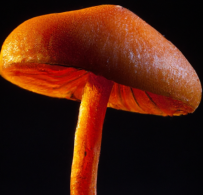The Only Free Mushroom Market & Observation Station!
Search farms, hunting spots and local events!
Pay attention to team development and jointly meet future challenges.Gerçek krupiyelerle canlı casino keyfini evinize taşımaya ne dersiniz? Blackjack, rulet, baccarat gibi popüler oyunlarla heyecanı anbean yaşayın. 1xbet yeni giriş 2025 bağlantısıyla bu dünyaya güvenli ve hızlı erişim sağlayarak kazancınızı artırmaya hemen başlayabilirsiniz. Türkiye’de canlı oyun deneyimi artık çok daha yakın!
Yeni üyeler için Alev casino kayıt bonusu fırsatlarıyla dolu bu platformda, ücretsiz deneme hakkı kazanarak slot oyunlarını keşfetmeye başlayabilirsin. Hemen kayıt olarak bonus avantajlarını kaçırma!
Gates of Olympus’ta büyük kazançlar için tanrılarla yarış! Demo Gates of Olympus oyna oyunun nasıl oynandığını öğren ve gerçek para ile tanrısal ödüller kazan. Bu slot, antik Yunan mitolojisini modern çizgilerle harmanlıyor.
%8191758160966405%Glory Casino BD encourages safe gaming by giving players access to self-assessment resources. Users are able to assess their gambling patterns and, if required, take preventative action. In order to guarantee that players have access to assistance when needed, the site provides links to expert groups that support gambling addiction. Casino Glory glorycasino.biz is a reliable option for customers in Bangladesh because it actively encourages responsible gaming, showcasing its dedication to player safety and moral gambling standards.
